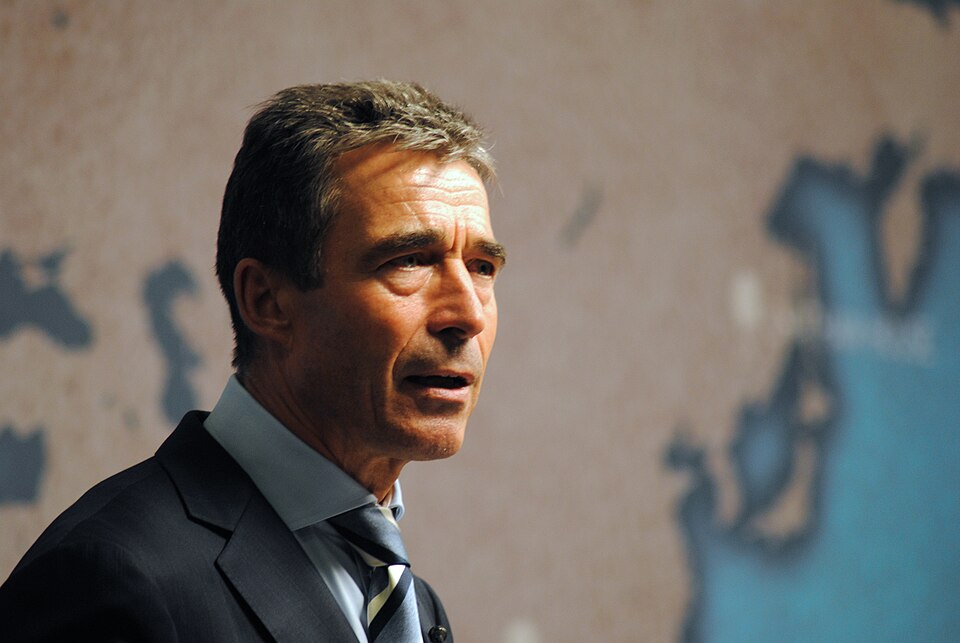
On May 11, 2025, former NATO Secretary General Anders Fogh Rasmussen proposed a “Democratic 7” (D7) trade bloc in The Guardian, comprising the EU, UK, Canada, Australia, New Zealand,
Japan, and South Korea. This initiative, representing 25% of global GDP and 35% of trade volume, aims to shield democracies from economic nationalism and coercion, particularly in light of U.S. President Donald Trump’s tariff policies. The proposal reflects growing concerns about protecting democratic economies in an era of global trade tensions, positioning the D7 as a bulwark for democratic values.
The D7 concept mirrors NATO’s mutual defense principle, suggesting that an economic attack on one member would be treated as an attack on all. Rasmussen argues that this alliance would champion democracy, rule of law, and market economics, countering threats from authoritarian regimes and protectionist policies. The proposal comes amid easing trade tensions, with the U.S. and China agreeing to slash tariffs on May 12, yet lingering uncertainties—such as Trump’s 10% universal tariff—underscore the need for democratic economies to collaborate.
For Europe, the D7 offers a framework to strengthen democratic resilience through economic cooperation. The EU, a key player, faces internal challenges, including Brexit and differing agricultural policies, which could complicate consensus. However, the bloc’s commitment to democratic governance and free markets aligns with the D7’s goals. The inclusion of the UK, post-Brexit, signals an opportunity to mend economic ties while reinforcing democratic solidarity against external pressures.
The proposal also addresses broader democratic challenges. Economic coercion, such as China’s past trade restrictions on democratic nations, threatens the sovereignty of smaller economies. By pooling resources, the D7 could deter such tactics, ensuring that democratic nations maintain autonomy in trade decisions. This is particularly relevant for Europe, where the STOXX Europe 600 Index has risen for four weeks, reflecting optimism but also vulnerability to global trade shifts.
Critics note potential hurdles, including regulatory differences and political resistance within Europe. The EU’s struggle for unanimity, as seen in past trade negotiations, could slow D7 formation. Additionally, populist movements in countries like Hungary and Slovakia may resist deeper integration with non-European democracies, prioritizing national interests. Yet, the D7’s emphasis on mutual economic defense could appeal to European voters wary of external economic threats, bolstering democratic support for the initiative.
The D7 proposal marks a proactive step toward safeguarding European democracy through economic means. As global trade dynamics evolve, the ability of democratic nations to unite economically will be crucial for preserving their values. The EU’s leadership in this endeavor could reinforce its role as a global democratic standard-bearer, provided it navigates internal divisions effectively. Photo by Chatham House, Wikimedia commons.






































